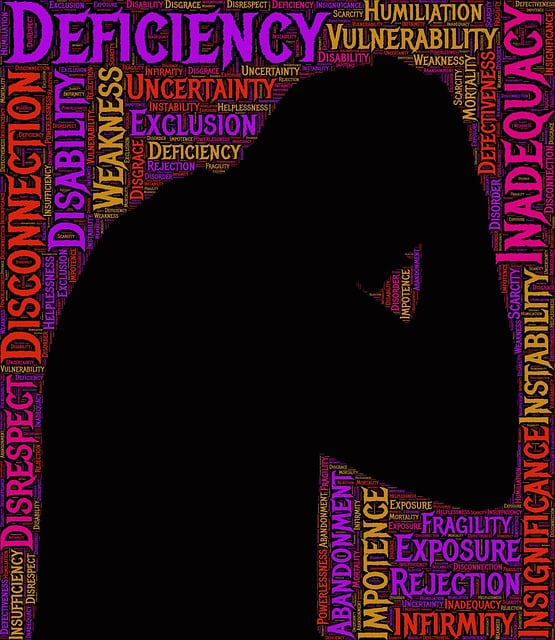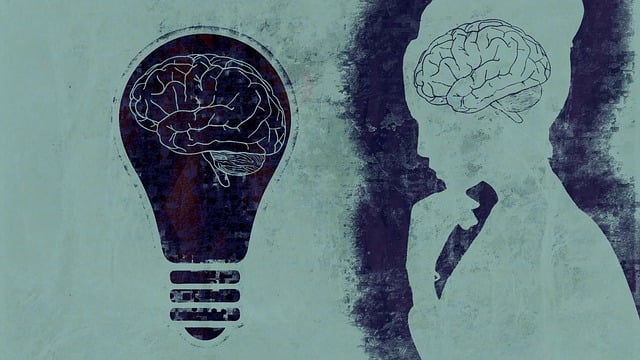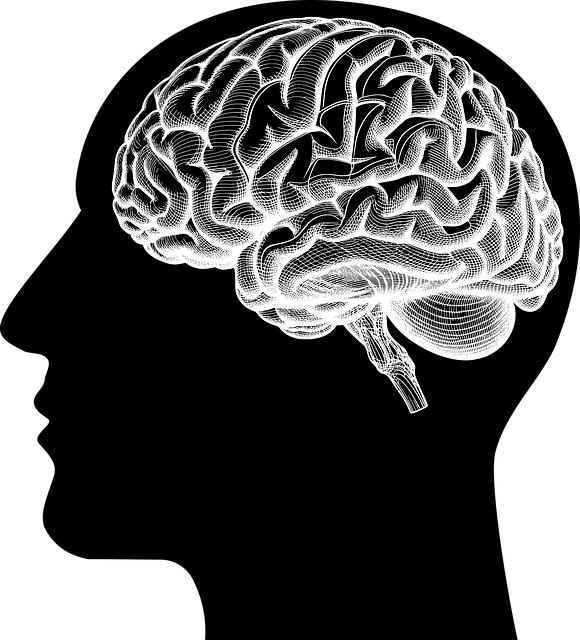Mental health advocacy initiatives, like podcasts and community discussions, raise awareness and reduce stigma around mental wellness among Russian-speaking adults by offering accessible resources like therapy for adults Russian speaking. These efforts create inclusive spaces to openly discuss mental health and seek help. Specialized communication strategies, stress management workshops, multilingual counseling centers, and online therapy platforms address language barriers and cultural stigma, ultimately improving access to therapy for adults Russian speaking and promoting a culture of mental health literacy.
Mental health advocacy is a powerful tool for creating change, especially within marginalized communities. This article explores initiatives focused on supporting Russian-speaking adults with mental health challenges. We delve into the unique barriers they face and how tailored therapy options and community engagement can make a significant impact. By increasing accessibility to resources, we can foster a more inclusive environment, ensuring that all individuals receive the necessary support for their well-being, including those with limited English proficiency.
- Understanding Mental Health Advocacy: A Necessary Conversation
- The Unique Needs of Russian-Speaking Adult Populations
- Therapy Options and Accessible Resources for Russian Speakers
- Community Engagement: Building Support Networks and Awareness
Understanding Mental Health Advocacy: A Necessary Conversation

Mental health advocacy initiatives are a crucial aspect of fostering open conversations about psychological well-being. It involves raising awareness, challenging stigma, and promoting access to resources like therapy for adults Russian speaking. By engaging in such efforts, we create a more inclusive environment where individuals can openly discuss their experiences and seek help without fear of judgment.
Advocacy plays a pivotal role in educating the public about mental wellness. Through various platforms, including podcasts that focus on mindfulness meditation and mental wellness, as well as community discussions centered around mind over matter principles, we can reach a diverse audience. These efforts ensure that people from all backgrounds understand the importance of prioritizing mental health and have access to the tools needed for improvement.
The Unique Needs of Russian-Speaking Adult Populations

The Russian-speaking adult population faces unique challenges when it comes to mental health advocacy. Barriers to access often include limited English proficiency and cultural stigma, which can make it difficult for individuals to seek therapy or support. Many Russian speakers may prefer a more familiar and culturally sensitive approach to care, such as therapists who share their language and understand their specific experiences.
Specialized communication strategies and stress management workshops tailored to this community are essential. Organizations focused on serving Russian-speaking adults can play a crucial role in mental illness stigma reduction efforts. By offering services that address cultural nuances and language barriers, these initiatives ensure that mental health care is accessible and welcoming to all members of the community, fostering open dialogue and improved well-being.
Therapy Options and Accessible Resources for Russian Speakers

For Russian-speaking adults seeking therapy, accessing suitable mental health services can be challenging, often due to language barriers and a lack of culturally sensitive resources. In many regions, the availability of therapists who speak Russian is limited, making it difficult for individuals to find support in their native language. This issue exacerbates the existing stigma surrounding mental illness within some Russian-speaking communities, as people may avoid seeking help altogether.
To address these challenges, various advocacy initiatives have been launched to promote mental health literacy and reduce the stigma associated with mental illnesses. These efforts include providing accessible resources such as multilingual counseling centers, online therapy platforms catering to Russian speakers, and community outreach programs. Such initiatives not only offer much-needed therapy for adults speaking Russian but also play a crucial role in risk assessment and burnout prevention among mental health professionals by ensuring they can effectively serve diverse populations.
Community Engagement: Building Support Networks and Awareness

In many communities, mental health advocacy initiatives are gaining momentum, with a strong focus on community engagement. One key aspect is building robust support networks that cater to diverse populations, including Russian-speaking adults who often face unique challenges in accessing therapy for adults. By engaging community leaders and organizations, these initiatives raise awareness about mental health issues, dispel stigma, and encourage open conversations. This strategy fosters a sense of belonging and facilitates the early identification of mental health concerns within ethnic and cultural groups.
Effective outreach can be achieved through Community Outreach Program Implementation that incorporates Social Skills Training and Mental Health Education Programs Design. These programs aim to empower individuals with knowledge about their mental well-being, coping strategies, and available resources. Through interactive workshops, support groups, and cultural-specific events, communities can create a safe space where members feel comfortable discussing their experiences and seeking help when needed. This holistic approach ensures that everyone has access to the care they deserve, regardless of language barriers or cultural backgrounds.
Mental health advocacy plays a pivotal role in ensuring that all communities, including Russian-speaking adults, have access to the support and resources they need. By understanding the unique challenges faced by this population, we can create more inclusive therapy options and accessible resources, such as community engagement programs. Promoting awareness and building support networks are essential steps towards fostering a healthier, more connected society. For Russian-speaking adults seeking therapy, there is a growing range of options available to meet their specific needs, enhancing the overall well-being of this vital segment of our society.














